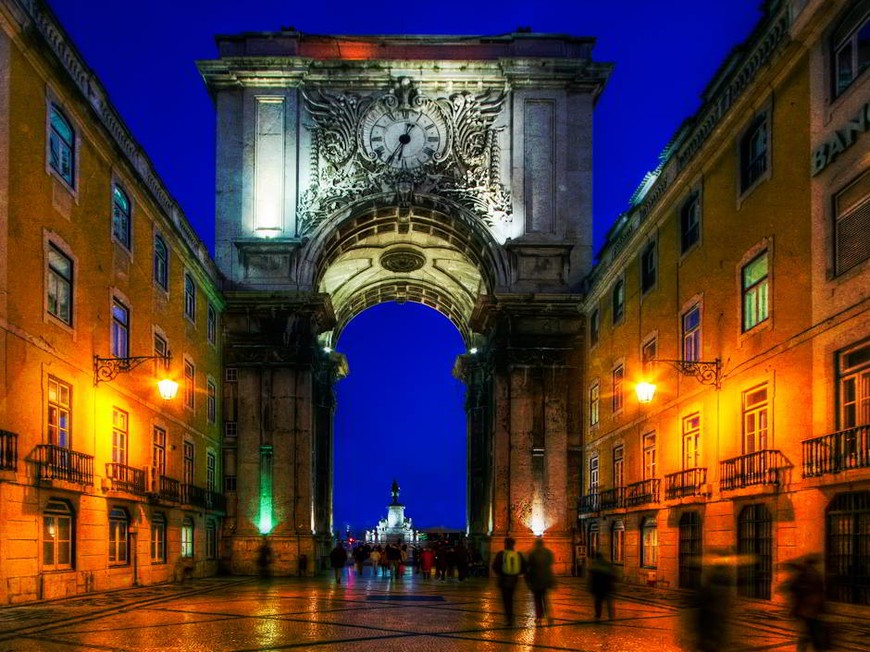

The decision to restrict player liquidity in Portugal, as reported back in December, has resulted in members of ANAon—the Portuguese Player Association—angrily declaring that they will boycott nationally regulated online poker rooms.
That is, unless the regulator agrees to shared international player liquidity—which does not look very likely at the this point.
In a statement released last week, ANAon said that opening the online poker market without international liquidity would not be a “satisfactory option.”
With online poker operators in Portugal only being able to offer games to players within the country, Portuguese players will be left out of the large prize pool tournaments that run internationally and will also have a much smaller selection of games from which to choose.
Such ring-fenced liquidity exists in some form in some European markets such as Italy, Spain and France, and in three US states: New Jersey, Delaware and Nevada. These regulated markets have all experienced declines in revenue and participation that exceeds the average for the global market.
Instead, players would like to see a model similar to the English market where consumer protections are achieved through licencing and regulation, yet operators are allowed to pool English players with their global players.
To date, the Portuguese regulator SRIJ has not yet issued any licenses under new gambling laws due to the need to get EU Commission approval of its technical regulations. Over the past six months this has resulted in all the major operators pulling out of the market as they await their licenses.
This in turn has created its own set of issues as players who were previously playing on the most reputable online poker sites in the world have headed over to grey market operators which ironically reduces the level of consumer protection—which the new laws aimed to increase.
If SRIJ moves forward with its plans to ring-fence the player pool, the impact will still have the opposite effect that the law intended even after licenses are issued due to the players’ boycott.

